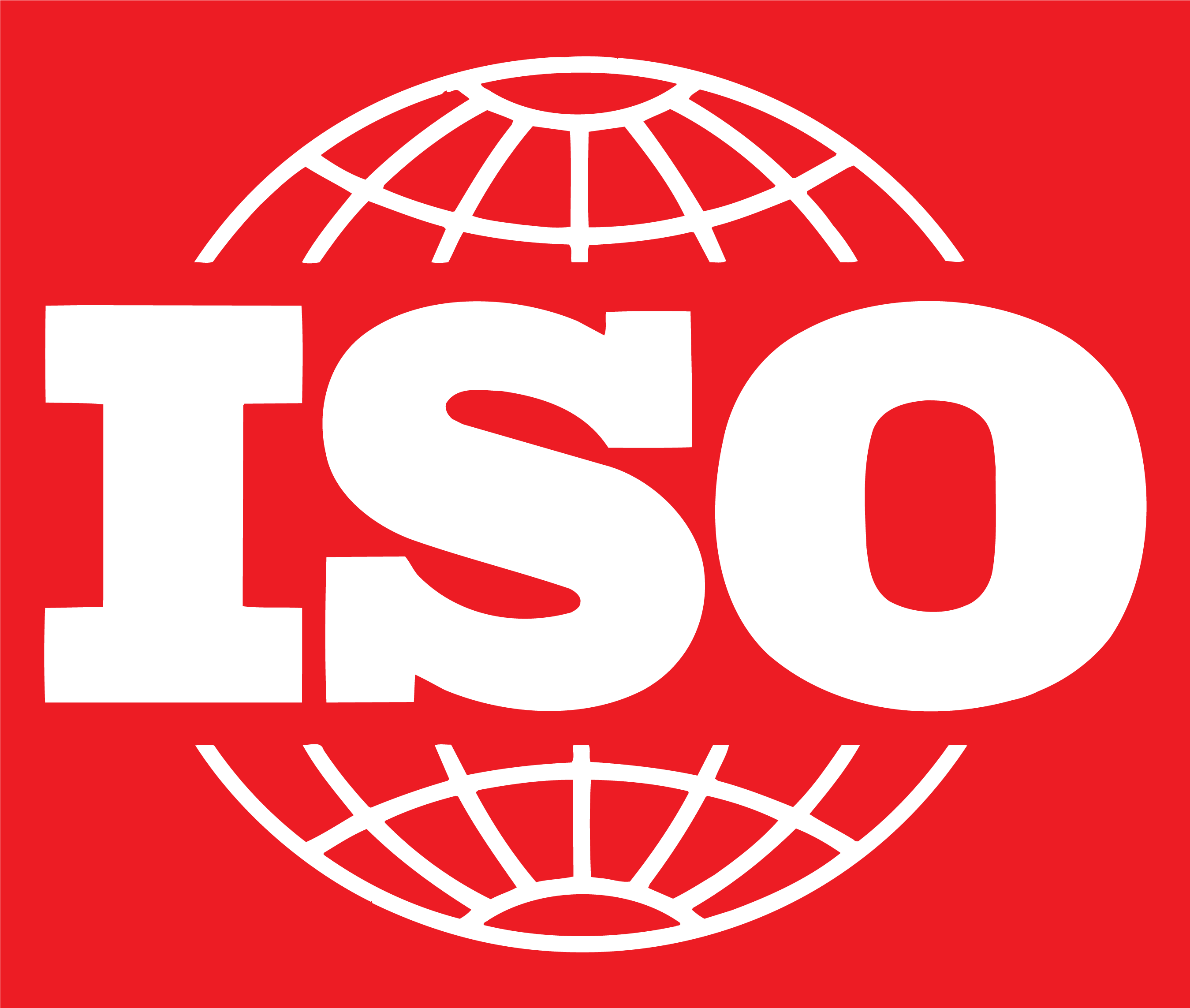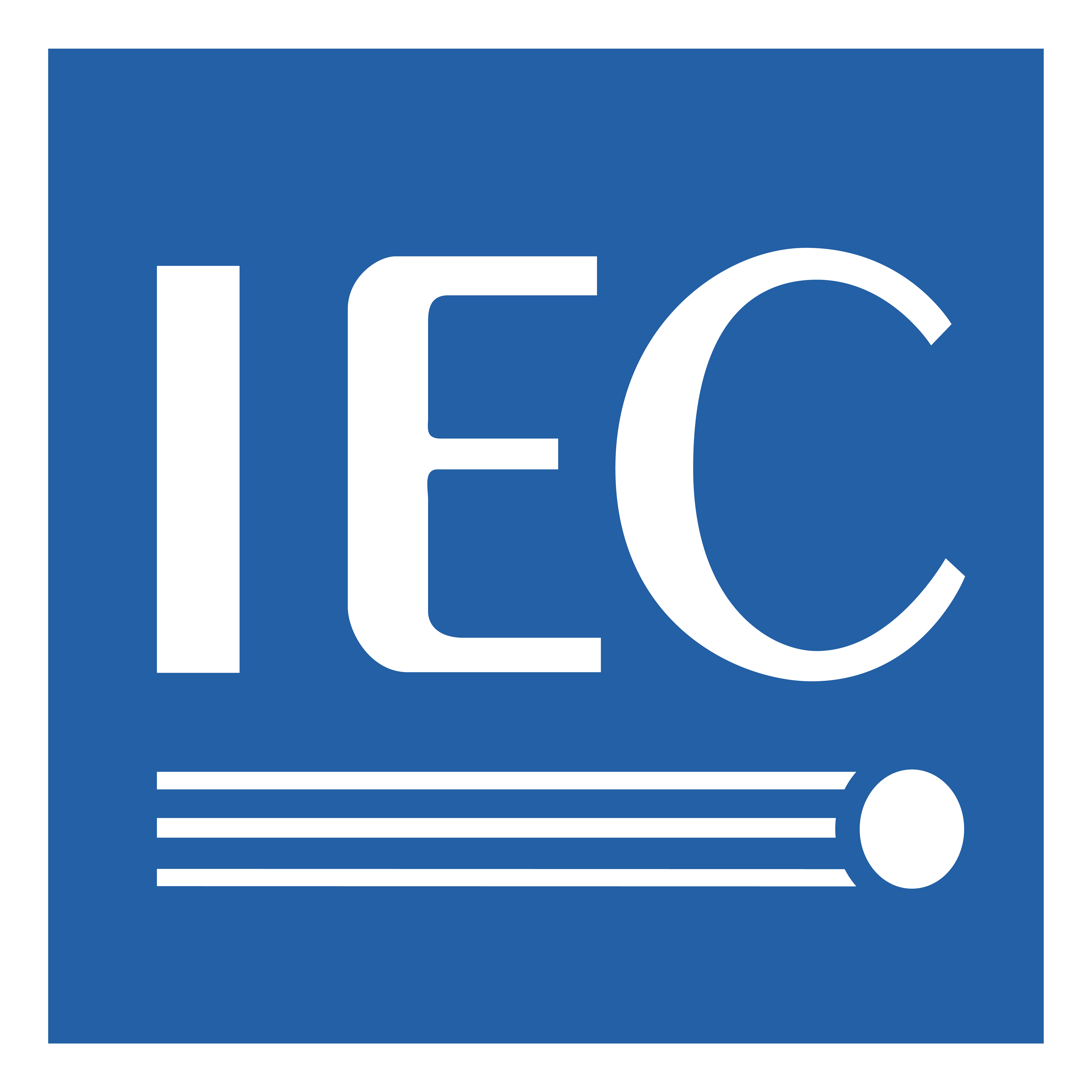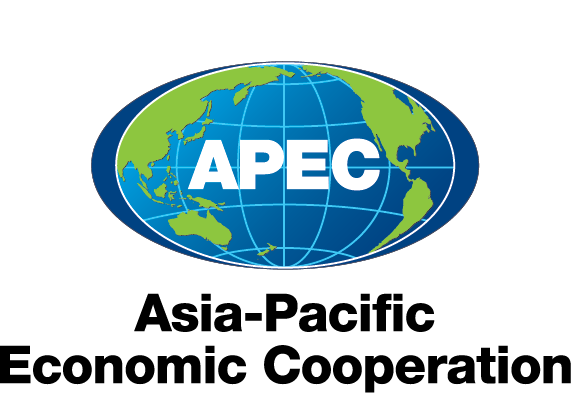
Frequently Asked Questions
What is a standard?
A standard is a document, established by consensus and approved by a recognized body that provides, for common and repeated use, rules, guidelines or characteristics for activities or their results, aimed at the achievement of the optimum degree of order in a given context (ISO/IEC Guide 2 definition).
What is an International Standard?
What is a Philippine National Standard (PNS)?
How does one avail of copies of PNS?
There are International Standards not available at BPS Standards Data Center (SDC). Can BPS help clients get copies of these?
What time is the BPS SDC open to the public?
What services are offered by the BPS SDC?
What are the BPS Product Certification Schemes?
What are the types of audit conducted under the Philippine Standard (PS) Quality and/or Safety Certification Mark Licensing Scheme?
What is ICC?
What are the products covered by the BPS mandatory certification?
How would we know if the product is certified by BPS?
How to spot fake ICC stickers?
How and where to file an application for PS License or ICC?
What is PCIMS?
How to register in PCIMS?
We were not informed of our liabilities as seller/manufacturer/importer/distributor. Does BPS conduct seminars regarding its Product Certification Schemes?
Does BPS have its own product testing facilities?
How much is the fee for product testing?
Where do we pay the testing fee?






